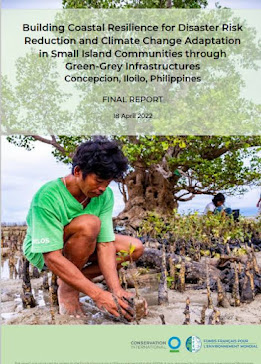His government career began in 1919, he was chosen to represent Ilocos Sur. He eventually became a senator and served in important roles such as Secretary of Finance and Secretary of the Interior. Following World War II, he was appointed Vice President under Manuel Roxas. When President Roxas died in 1948, Quirino became President.
As President, Quirino focuses on rebuilding the country. He helped establish the Central Bank of the Philippines to help grow the economy, build schools and homes, and fought to give farmers additional land. Though some have criticized his leadership, his attempts to bring back peaceful to the country are evident.Elpidio Quirino died on February 29, 1956, yet his contributions to the country are remembered. His life shows how hard effort and dedication to society can help a country rise from a dark era.
Reference:https://images.app.goo.gl/SFr4aCTrwQDaBQg66
https://images.app.goo.gl/qYTKwxGxXgiwJe5n9









